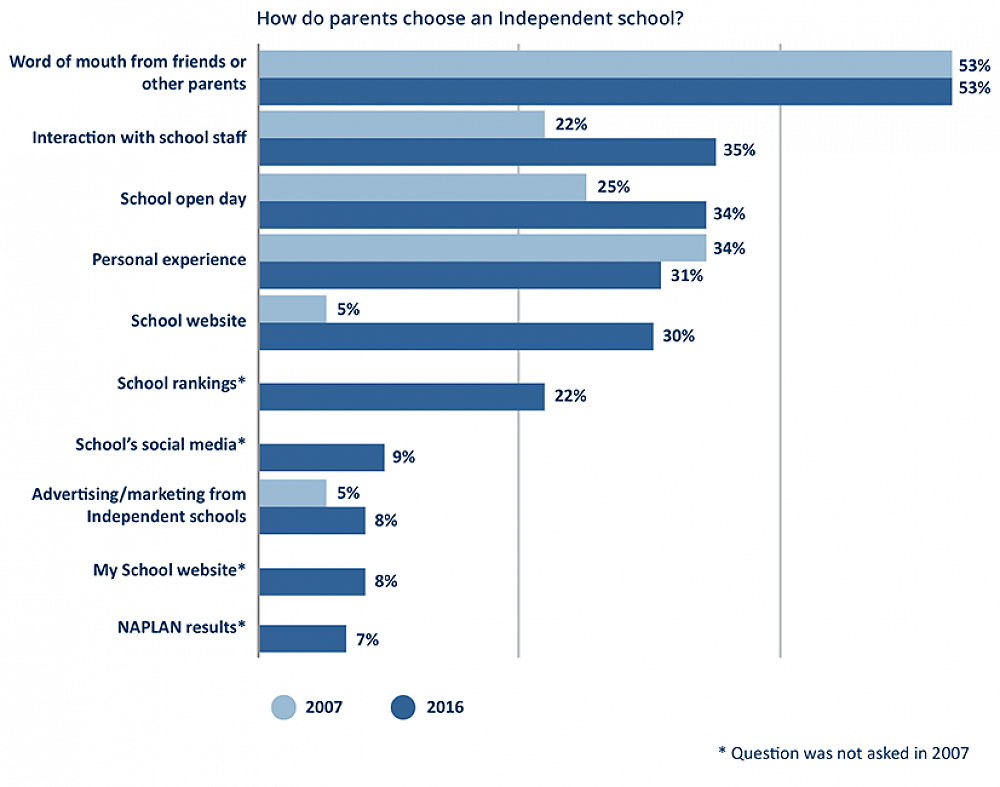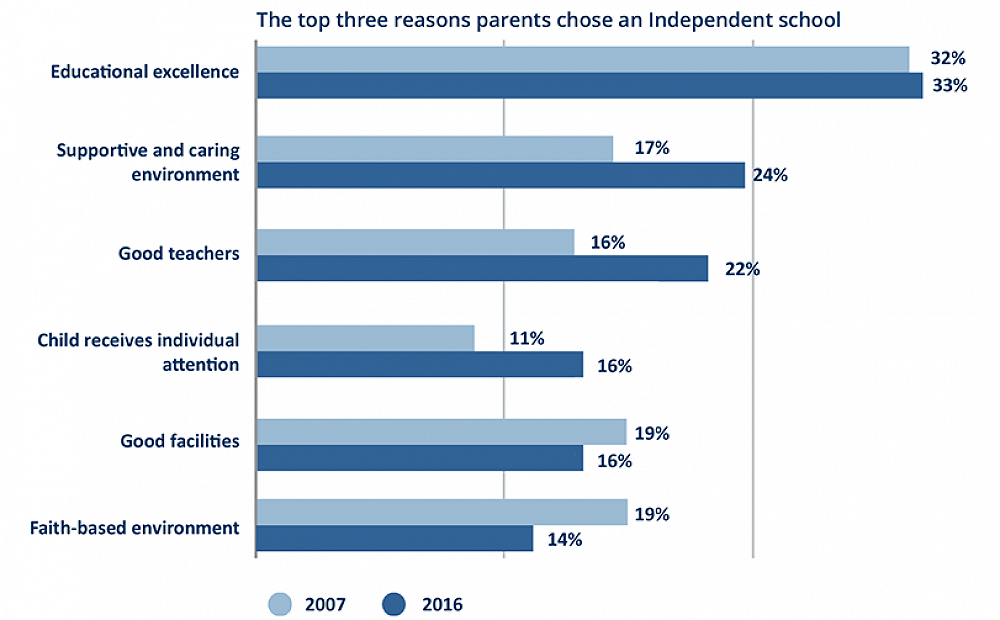Choosing the best fit for schooling
As a parent, choosing the best secondary school for your son or daughter is a daunting task. There is a view that if you get the placement right, that we might be able to swerve many of the potholes in the roadmap facing our teenagers.
Adolescence seems full of some nightmare scenarios; peer pressure, chemical imbalances and testosterone challenges associated with child psychological development; pornography; drugs, alcohol, a budding internal awareness, and inquisitiveness about the opposite sex and their own sexuality; the list goes on. It almost makes you tired thinking about it. It is no wonder that so many think, if we get the schooling right, maybe all the other things might just fall into place. We might just be the ‘lucky’ parent who escapes incident free from the ‘fish hooks’ in raising these strange, moody, and at times, unreasonable beings.
So what does the best schooling fit look like for a teenager and does St Paul’s itself measure up to these criteria?
The Australians, it seems, have the answers to so many of these questions sussed. A Colmar Brunton research paper in 2016 on “Factors that influence choice” of Independent Schools found that the top three reasons that parents choose an Independent School for their son or daughter were as follows:
The graph shows the top three reasons in Australia in both 2007 and 2016 were Educational excellence, Supportive and caring environment, and Good teachers (i.e. with ‘my child receives individual attention’ a close fourth). Would we get the same result if we surveyed New Zealand parents and does this order meet your priorities for a secondary school?

The Australian research found that when it came to choosing a specific school, personal interaction with the school and community was the most persuasive influence. Technology related factors such as school media, school website was seen as important for building awareness but was not as important in the ultimate decision.

Word of mouth came out consistently and overwhelmingly over both 2007 and 2016 as the key persuasive influence for parents.
I believe that in choosing a school, as a family, you have to consider if you share the same educational philosophy as the school. Will my child be challenged and pushed out of their comfort zone without being overwhelmed? Will they emerge well-grounded and connected with ordinary people and crucial values for success in life? Or conversely, a sense of entitlement and residue of selfishness? Will he or she be supported, encouraged, and nurtured during their secondary journey – will they (the school and its teachers) even know or care what happens to my teenager? How well will they be prepared for the great challenges of life – not just academically but also socially, emotionally, and environmentally? Will they emerge with a fully functioning ‘backbone’ – a sense of what it is to be gritty and awareness of the importance of resilience? Will I get value for the investment and commitment I will be making?
Assessing and choosing a school is one of the most important challenges that we as parents have to make. Why then do so many leave the ultimate decision to their son or daughter? Would we like a 12-year-old to have the final say on the next car, boat, or house we were going to purchase? Do they have the full toolkit to have the final say in secondary schooling? Yes, they are the consumer in a potentially life-changing experience but emotionally is it possible that great buildings and facilities, a fantastic sports programme or a charismatic tour guide should be the deciding factor in the ultimate schooling decision that is made?
Internationally, most parents want the same thing for their teenagers:
They want great teachers. Staff who are motivated, enthusiastic, and passionate about their subject and most importantly, the young people they are teaching. A school’s leadership that stands for something that they can articulate and model on a daily basis. As a July 2015 Metro article ably commented, “What’s vital is that someone lights up a love of learning and an inner belief that they can and should set themselves high goals. Striking that match is what a great teacher does.”
Mentoring matters. Having a pastoral care system that is effective in ensuring that no one can slip through the cracks; that understands the key drivers and needs of teenagers; that can get into the heads of young people and say the things that as parents we would love to be able to say but aren’t sure our audience will listen to or take on board.
Bigger is better, or is it? Most want a school that is of a size or structure where the educational experience for our son or daughter is personalized; where they don’t feel that they are just a number but that their contribution is valued and is counted upon.
Comfort zone equates to complacency. With the increasing digital influences that our young people face, how will we get them out developing those key people skills and emotional intelligence that are essential in marriages, families, and workplaces? How can we engineer through programmes such as ‘Over-the-Fence Ministry’, the Tihoi Venture School, compulsory involvement in sporting and cultural activities, a situation where our young people are forced to do things that potentially could be life-moulding?
As parents, there is the choice paradox when picking a high school for our teenagers. It’s nerve-wracking to weigh up the options and then later to agonise over whether we made the right choice and if we got value for money. Schooling isn’t a panacea to guaranteed success for our kids. We can’t abdicate our responsibility or absolve ourselves from the duties we have as parents to set and model key expectations. We can’t also underestimate the power of peers.
As the Australian research showed, we also can’t underestimate the influences and the accuracy of the parental grapevine. “School gate opinion” is not only pretty accurate but reacts faster than any ERO taskforce. After 41 years in education, I believe the biggest influence on a school is its culture. It is led by the top, driven by the middle (or its staff), and modelled by its students. I could confidently tell you within 15 minutes of entering a school if the vibe is right. Maybe the best determinate of a school is the adult's gut feeling on whether what it espouses is authenticated, displayed in what we see as we walk around.
From a personal perspective, it would be interesting to know how much of what has been articulated here resonates with you as a parent and more importantly, does St Paul’Collegiate School actually measure up to the expectations you had when you enrolled your first child at the school?